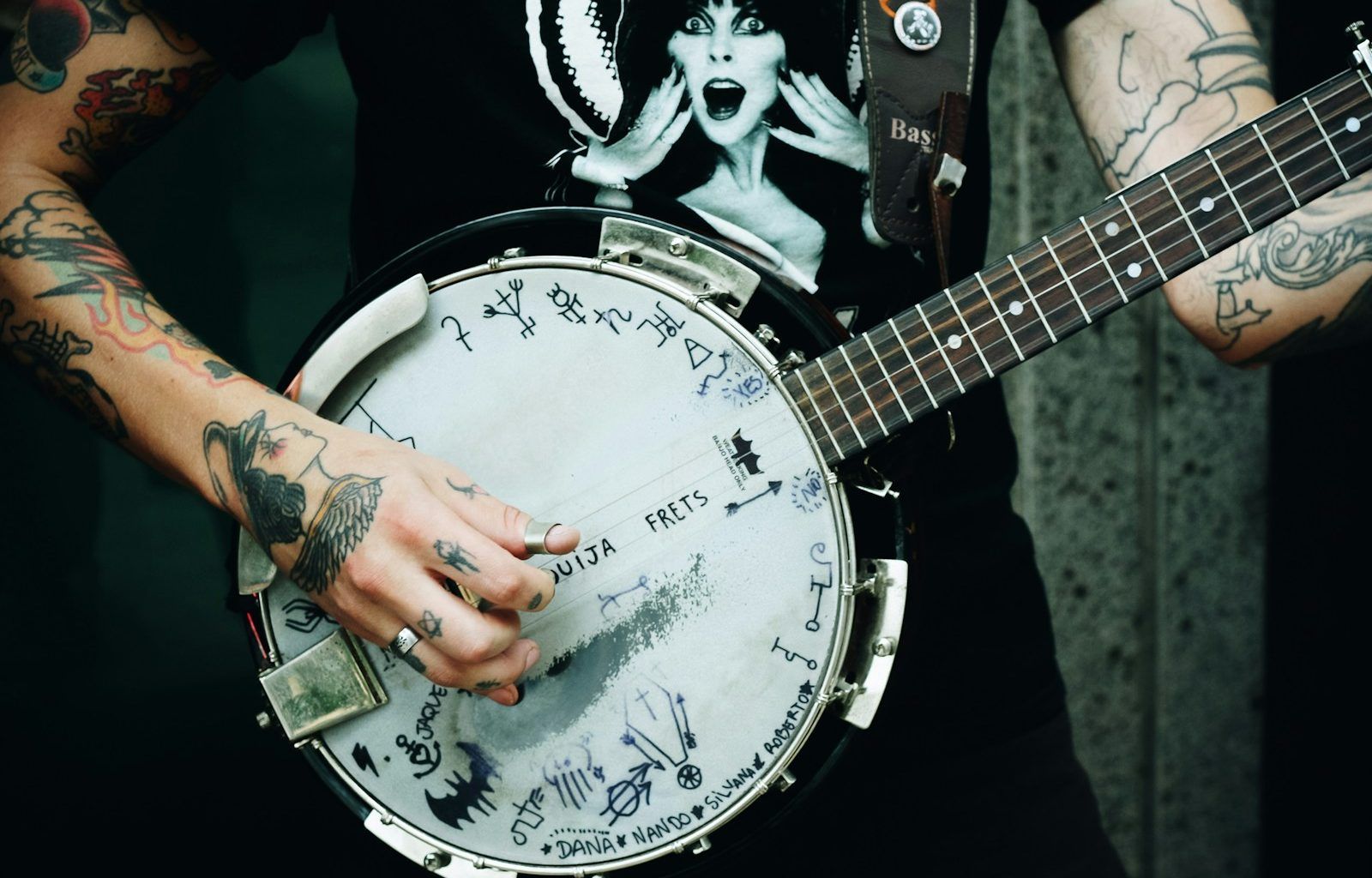Have you ever stopped to wonder about the names of music artists and how they create such a lasting impression? Names are not just a label—they’re an identity, a brand, and often the first thing fans connect with. Whether you’re into pop, rock, jazz, or hip-hop, artist names are everywhere, shaping the way we experience music. In this blog, we’ll dive deep into the fascinating world of music artist names, why they matter, and the stories behind some iconic ones. Sit back, relax, and let’s explore this unique aspect of music culture.
Why Do Music Artist Names Matter?
The name of a music artist is more than just a moniker. It’s a key part of their identity and often the very foundation of their brand. Think about how memorable names like Adele, Eminem, or The Beatles are. The moment you hear these names, you’re instantly transported to their music and the emotions it evokes.
One reason artist names matter is because they set the tone. For example, a name like Metallica gives you an idea of the heavy metal genre they’re famous for. On the other hand, names like Billie Eilish or Lana Del Rey feel more introspective and artistic, perfectly aligning with their unique musical styles. Names are not just labels; they are emotional cues that connect artists with their audience.
The Journey to Finding the Perfect Name
For many music artists, choosing a name is a pivotal moment. Some artists stick with their birth names, like Taylor Swift or Bruno Mars, while others opt for stage names that carry deeper meanings. For instance, Lady Gaga derived her name from Queen’s song “Radio Ga Ga,” reflecting her theatrical and larger-than-life persona.
Other times, artists go through several name changes before landing on the right one. Take Prince, for example, who famously changed his name to an unpronounceable symbol at one point. Or consider Diddy, who has gone by Puff Daddy, P. Diddy, and simply Diddy throughout his career. Each change reflects a new phase of their artistic evolution.
Real Names vs. Stage Names
Many artists choose stage names to stand out or to create a specific persona. This trend is especially common in genres like rap and electronic music. For example, Eminem’s real name is Marshall Mathers, and Deadmau5 was born Joel Zimmerman. By adopting stage names, these artists can craft a unique identity that resonates with their music and fans.
In contrast, some artists achieve fame using their real names. Adele, Ed Sheeran, and John Mayer have all built their careers on the authenticity that comes with using their birth names. This choice can make an artist feel more relatable and grounded, especially in genres where emotional connection is key.
Cultural Influences on Artist Names
The names of music artists often reflect their cultural backgrounds and influences. In Latin music, for example, artists like Bad Bunny and Shakira embrace names that celebrate their heritage. Similarly, in K-pop, group names like BTS (Bangtan Sonyeondan) and Blackpink are carefully crafted to appeal to both local and global audiences.
In some cases, names pay homage to cultural or historical figures. Rapper Tupac Shakur was named after Túpac Amaru II, a revolutionary leader in Peru. This connection adds depth and meaning to the artist’s identity, making their name not just memorable but also significant.
The Role of Branding in Artist Names
In today’s music industry, branding plays a huge role in an artist’s success, and their name is a key part of that brand. A catchy or intriguing name can spark curiosity and help an artist stand out in a crowded market. It’s no wonder that many artists and their teams spend considerable time brainstorming the perfect name.
Think about how memorable names like The Weeknd or Post Malone are. These names are not only unique but also visually appealing when written out, which makes them perfect for marketing and social media. In an era where digital presence is everything, having a distinctive name can make all the difference.
The Evolution of Artist Names Over Time
Some artists stick with the same name throughout their careers, while others evolve as they grow. This evolution can reflect changes in their musical style or personal life. For instance, Snoop Dogg temporarily rebranded himself as Snoop Lion when he explored reggae music.
Changing a name can be risky, but it can also signal a fresh start. Take Lizzo, for example, who started her career under different aliases before embracing the name that fans know and love today. These changes often come with a redefinition of an artist’s image and sound, making them more aligned with their current goals.
The Power of One-Word Names
There’s something undeniably powerful about one-word artist names. Names like Prince, Madonna, and Cher have an iconic quality that makes them unforgettable. These names are often associated with larger-than-life personalities, and their simplicity is part of what makes them so effective.
In recent years, artists like Lorde and Halsey have followed this trend, choosing one-word names that are easy to remember and instantly recognizable. This strategy works particularly well in the digital age, where short and snappy names are more likely to stick in people’s minds.
How Fans Influence Artist Names
Fans often play a surprising role in shaping an artist’s name and brand. For example, Beyoncé’s fans call her “Queen Bey,” a nickname that has become a part of her identity. Similarly, Lady Gaga’s followers are known as “Little Monsters,” reinforcing the connection between her name and her fanbase.
Social media has amplified this phenomenon, allowing fans to interact with artists in real-time. This dynamic has made artist names and their associated nicknames even more significant, as they become a way for fans to express their loyalty and love.
Memorable Stories Behind Artist Names
Every music artist’s name has a story, and some of these stories are truly fascinating. For instance, Elton John was born Reginald Kenneth Dwight but adopted his stage name as a tribute to two of his bandmates. Meanwhile, Pink’s name was inspired by a character in the movie Reservoir Dogs.
These stories add a layer of intrigue and personality to the names we’ve come to know so well. They remind us that behind every name is a person with a unique journey and a desire to connect with their audience.
Conclusion: The Enduring Power of Names
The names of music artists are more than just a label—they’re a gateway to their art, their identity, and their connection with fans. Whether it’s a real name, a stage name, or a nickname given by fans, these names carry meaning and significance that transcend the music itself.
So the next time you find yourself singing along to your favorite artist, take a moment to appreciate the thought and creativity behind their name. After all, it’s not just a name; it’s a story, a brand, and a legacy that will live on for generations.
Related Articles:
For further reading, explore these related articles:
- All the Good Girls Go to Hell Lyrics: An Easy Guide to Billie Eilish’s Famous Song
- Donna Summer: The Queen of Disco Who Changed Music Forever
For additional resources on music marketing and distribution, visit DMT RECORDS PRIVATE LIMITED.






